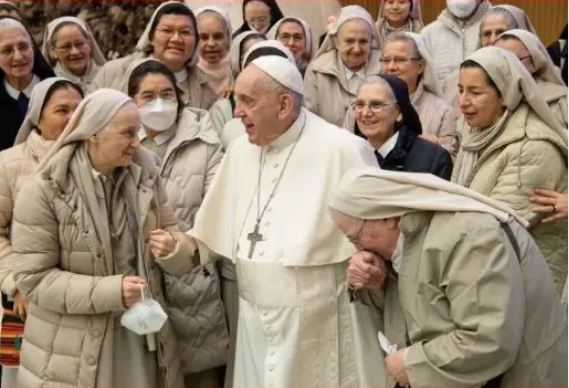
Pope says female genital mutilation affronts dignity, must end
Published on February 7, 2022 at 1:27 PM by Face of Malawi
“This practice, which is unfortunately common in various parts of the world, humiliates the dignity of a woman and gravely attacks her physical integrity,” Francis said, speaking on the U.N. International Day of Zero Tolerance for Female Genital Mutilation (FGM).
According to the United Nations, FGM is concentrated in about 30 countries in Africa and the Middle East but is also practiced by immigrant populations elsewhere. More than four million girls are at risk of undergoing FGM this year, the U.N. says.
Francis, speaking to pilgrims and tourists in St. Peter’s Square for his weekly blessing and address, noted that the practice was often carried out in conditions that endangered a girl’s health.
In a related appeal, Francis called for more efforts to stop human trafficking, particularly of women and girls for forced prostitution.
“This is a deep wound inflicted by the shameful search for gain without any respect for the human person,” he said ahead of the Catholic Church’s International Day of Prayer and Awareness Against Human Trafficking this Tuesday.
“There are so many girls that we see on the streets who are not free. They are slaves of traffickers who send them to work and beat them if they don’t return with money. This happens today, in our cities,” he said.
They include Rome where authorities say criminal gangs lure women to Italy with the promise of jobs and then force them into prostitution, threatening to harm their families back home if they go to the police.
Calling both FGM and trafficking of persons, “wounds of humanity,” Francis urged leaders “to act decisively to stop both the exploitation as well as humiliating practices that afflict above all women and girls”.
Catholic nuns in Rome are at the forefront of fighting trafficking of women. In 2016, Francis visited a Rome safe house where a charity protects women freed from pimps.


